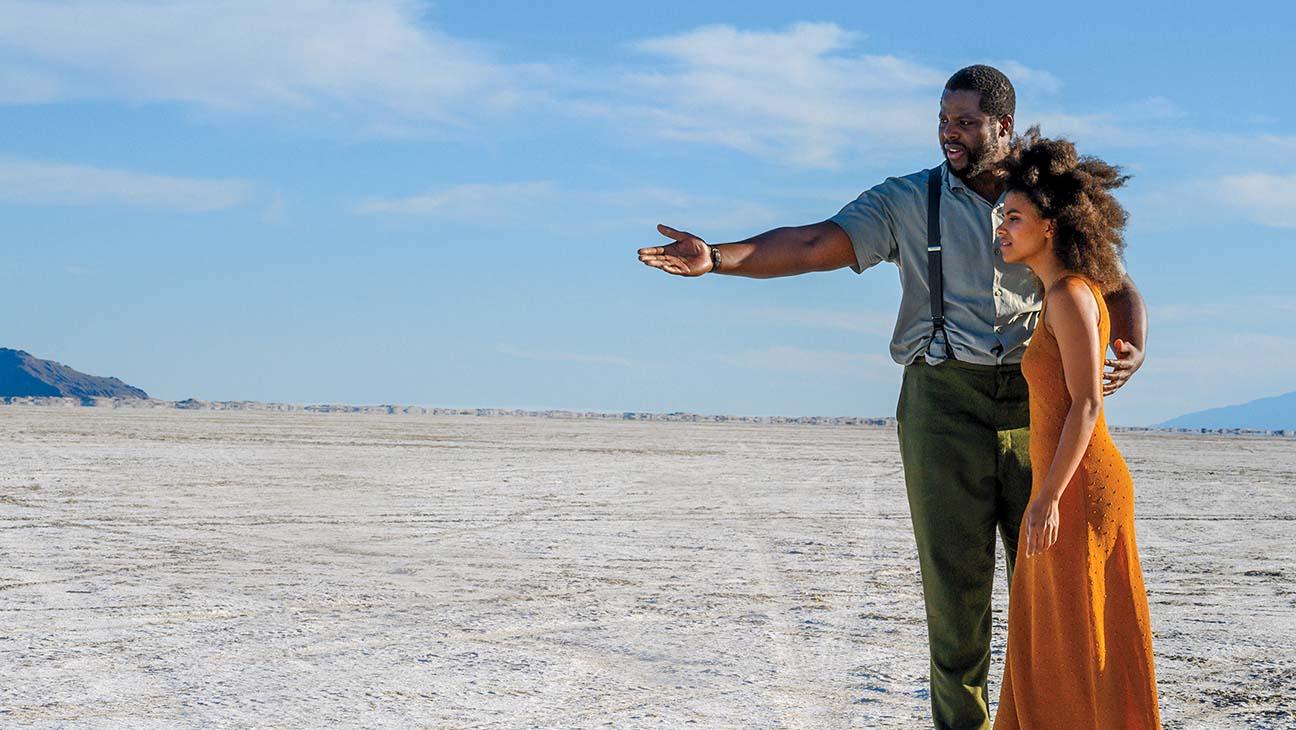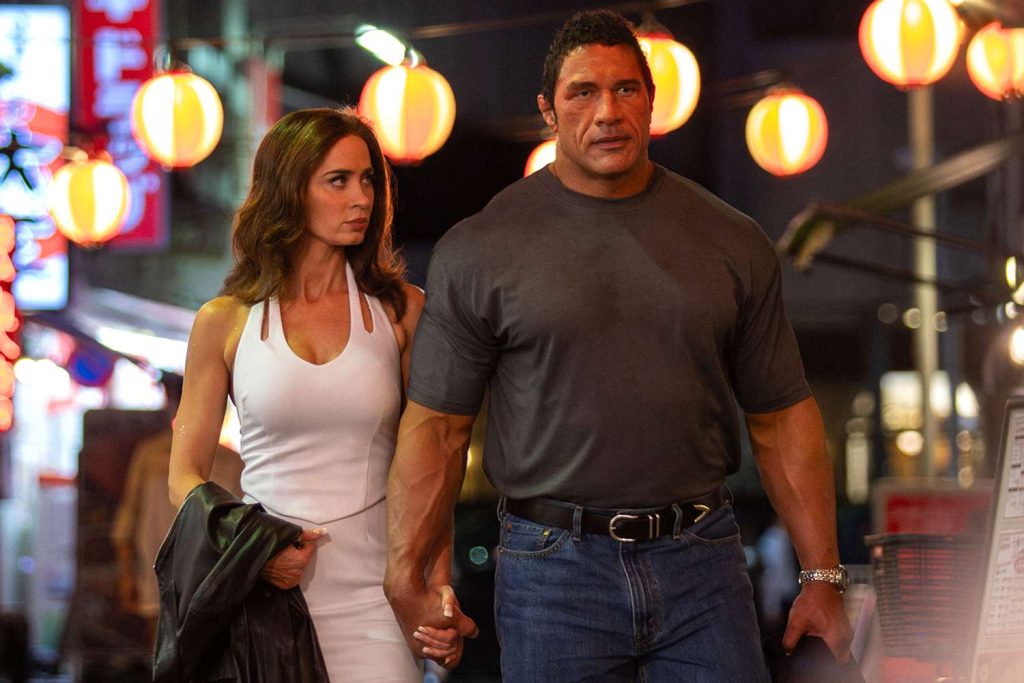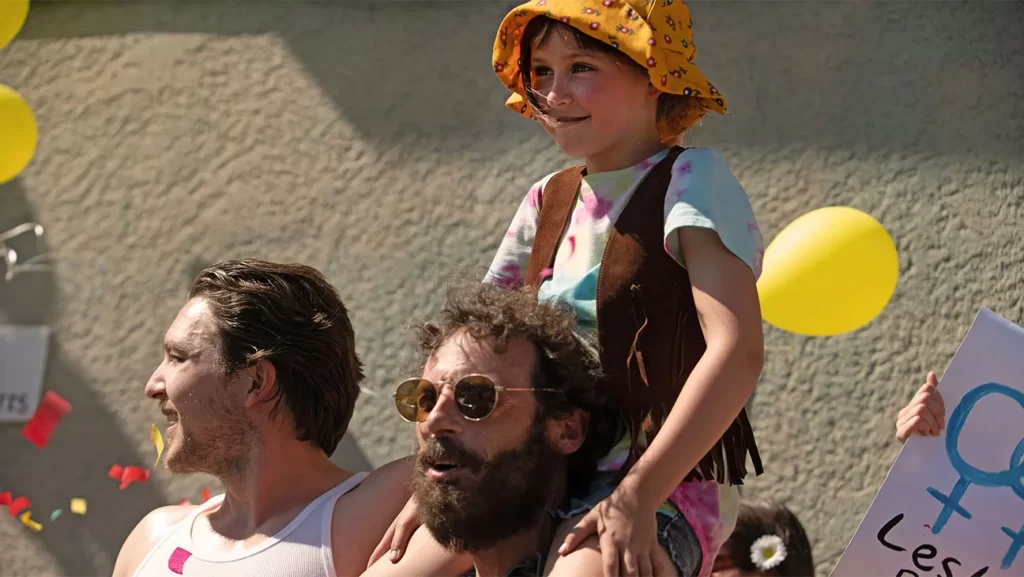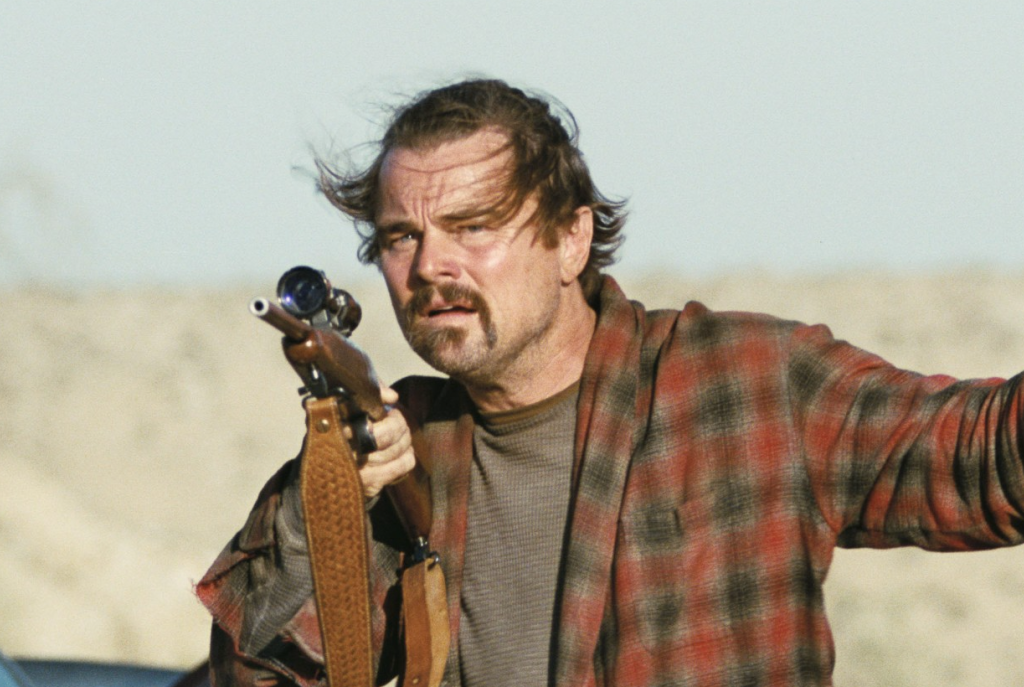You’d be forgiven for not being able to shake The Good Place from your brain while watching Edson Oda’s Nine Days. Like that show’s purgatorial dweller Mindy St. Claire, Nine Days’ protagonist, Will (Winston Duke), lives in an isolated house in the middle of a desert. His job also has to do with life, death and judgment: presented with a group of newly-minted souls, it’s Will’s duty to determine which of them is fit to live a full life on Earth.
Unlike The Good Place, however, Nine Days is a straight drama, looking at both the beautiful and painful truths about the human experience with profound seriousness, with characters who feel like they were pulled from a Paulo Coelho novel. There are moments of beauty and craft in Oda’s film, but it never quite lives up to the profundity of its ambitious premise.
From his lonely bungalow, Will selects and preps new souls for earthly existence. He also watches the experiences of those he’s selected through a wall of televisions playing VHS recordings of their lives. His assistant Kyo (Benedict Wong) joins him occasionally to help with the process and watch milestone life events. Will’s system is thrown into turmoil when his particular favorite, a violinist named Amanda, deliberately crashes her car and ends her life. Will’s confusion and frustration about Amanda’s death has a complicated impact on his decision-making process as he works with a group of potential souls (Zazie Beetz, Bill Skarsgard, Tony Hale, Arianna Ortiz and David Rysdahl) to decide who among them gets the privilege of being born.

Simple pleasures and sensory beauty are big parts of Nine Days’ interest in the human experience, as is the coexistence of joy and sorrow, success and disappointment. Cinematographer Wyatt Garfield works overtime in providing a variety of visual perspectives, from the comfortable dreariness of Will’s house to the bright openness of the surrounding desert to the lo-fi VHS quality of the lives Will and his chosen souls view over and over again.
There’s creativity in the premise and execution of Nine Days, but it all feels like a series of good ideas that lack a solid structural foundation. Will avoids talking about his disappointment with his own experience on Earth, which keeps us from knowing him or his motivations fully. The souls’ individual personalities are distinct, but for the most part they remain abstracted, more like concepts than characters. The rules of how these souls are made, where they come from, and why there’s a need to narrow them down in the first place are never established. None of these are necessarily fatal flaws, but the end result is a piece that feels like a fable without a clear takeaway.
Nine Days has a lot of potential, and displays an impressive level of artistry. However, it’s less filmmaking and more theatrical performance art, one that might lend itself better to live presentation than contained to a dramatic three-act structure. Its lack of declarative statement or full character-building favors rough, sometimes platitudinal sketching over detailed painting, which at two hours is more than a little unsatisfying. Mileage may vary by viewer, but there’s enough here to spark interesting conversations afterward about its themes, even if the story itself is lacking.
B-
“Nine Days” opens Friday in New York and Los Angeles, and will expand to additional markets on August 6.



